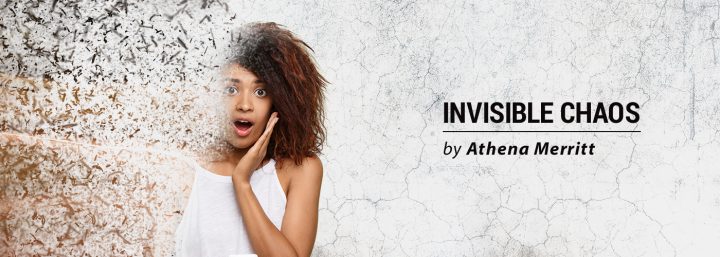Breathing Polluted Air Is the Deadly Norm for Many
Written by |

With stifling June heat and pollen cleared by rainfall, I opened my windows. Drivers finished their workdays and inched forward in traffic outside my home. Within minutes, gentle breezes carried exhaust fumes inside.
I thought that by living two stories up I would escape car pollution, a common asthma trigger, which makes my chest feel tight and my breathing shallow. Sarcoidosis has turned me into a guardian of my lungs, yet I hadn’t noticed until this month that my neighborhood’s air is different.
By observing the daily gridlock, I’ve come to realize how much I miss the pandemic’s lockdowns. I enjoyed the peacefulness of walking through eerily quiet neighborhoods with cars in driveways instead of filling the roadways. Breaks from pollution were felt worldwide. This resulted in 11,000 fewer deaths in Europe, and it even made the notoriously dirty atmosphere of Los Angeles among the cleanest in the world.
Clean air matters in the ongoing pandemic, according to a new study by the Harvard T.H. Chan School of Public Health. The study found higher COVID-19 death rates in regions with more pollution. For many of us, breathing dirty air appears to be the norm.
Roughly 90% of people worldwide breathe polluted air, according to the World Health Organization. In the United States, nearly 46% of the population — about 150 million people — live in areas with dangerous pollution levels, according to this year’s “State of the Air” report by the American Lung Association.
After I went searching online, I discovered that I live in a county with a long history of failing grades on air quality. I found this disturbing, and I wondered if it might have played a role in my sarcoidosis.
A study published in the journal PLOS One in 2017 suggested that environmental factors, such as pollution, may trigger sarcoidosis. However, the study, “Sarcoidosis in an Italian province. Prevalence and environmental risk factors,” warrants further research.
In a small study in 2018, fibrotic sarcoidosis patients reported an increase in respiratory symptoms and a decrease in quality of life after short-term exposure of air pollution. The study was considered exploratory and also warrants a larger sample size.
In the past few months, we have changed the way we shop, work, and live more rapidly than we likely will see again in our lifetimes. Cleaner air has been the payoff of so many of those changes. Walking the neighborhoods now and still seeing a fair amount of cars parked in driveways, I’m hopeful that some of those changes will stick around.
***
Brighter side: We all could use a break from bad news right now. So, I’ll be closing my columns with a roundup of positivity until we are able to say goodbye to masks, hug our loved ones, and leave our homes without fear.
- Backyard brew: A California dad used repurposed materials from jobs to build a personal coffee shop in his backyard, Newsweek reported. A pastry case, menu board, television, chess set, and table and seating are among the amenities in the shop, which took less than three months to build (in his spare time after a full-day’s work and on weekends).
- Neighborly gesture: A family-owned firm deemed essential during the pandemic gave back to businesses and residents this month in Doylestown, Pennsylvania, according to Patch. Alert Medical Alarms bought $20,000 worth of gift cards from struggling local businesses impacted by the governor’s shutdown orders, then handed them out to residents in need.
***
Note: Sarcoidosis News is strictly a news and information website about the disease. It does not provide medical advice, diagnosis, or treatment. This content is not intended to be a substitute for professional medical advice, diagnosis, or treatment. Always seek the advice of your physician or other qualified health provider with any questions you may have regarding a medical condition. Never disregard professional medical advice or delay in seeking it because of something you have read on this website. The opinions expressed in this column are not those of Sarcoidosis News or its parent company, Bionews Services, and are intended to spark discussion about issues pertaining to sarcoidosis.






Leave a comment
Fill in the required fields to post. Your email address will not be published.